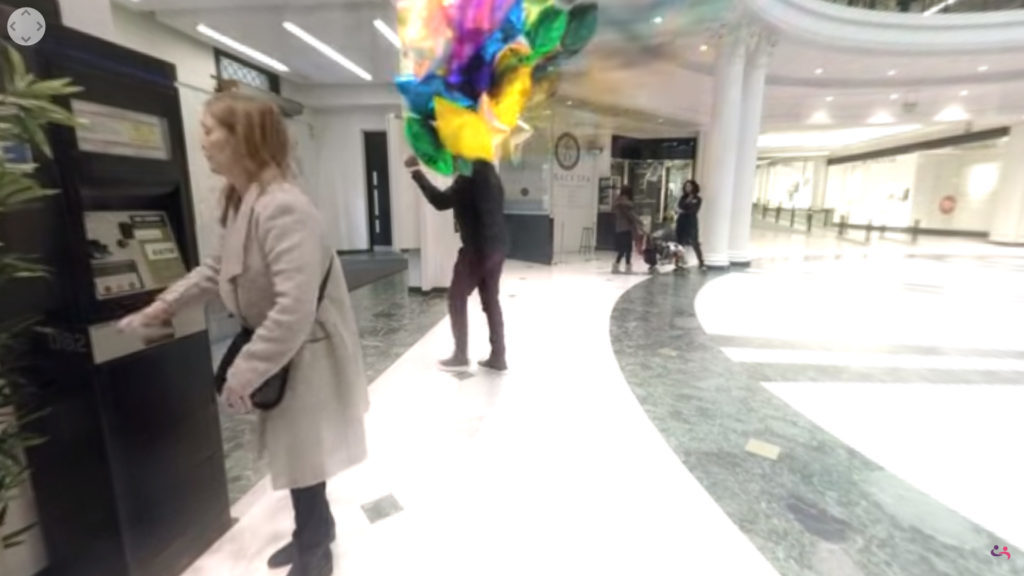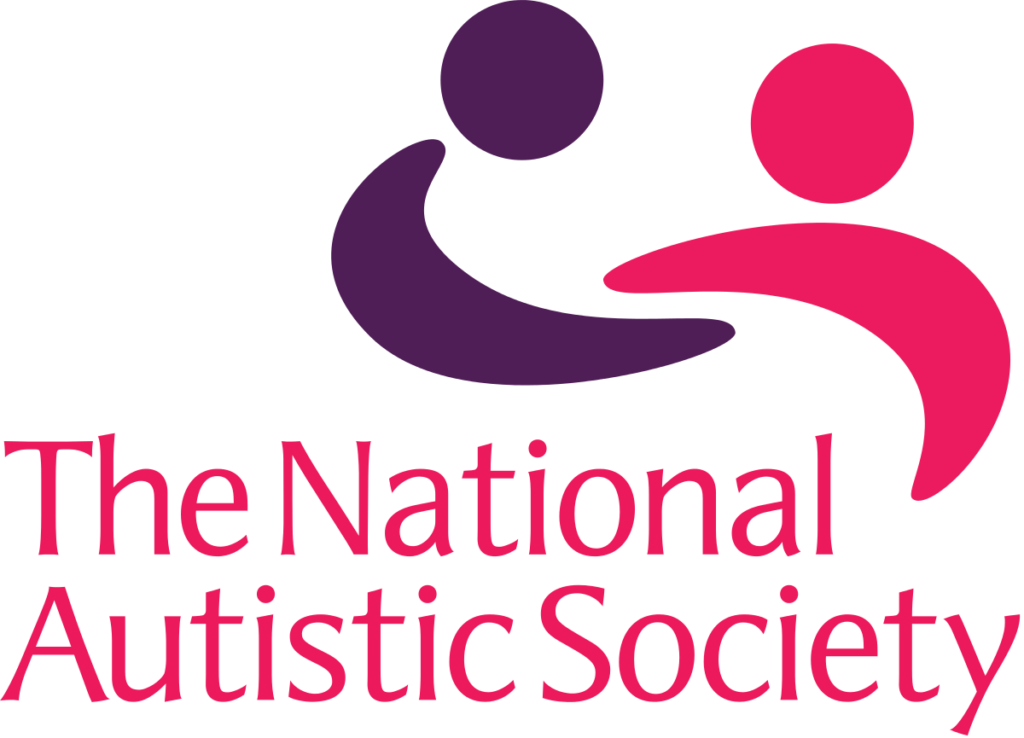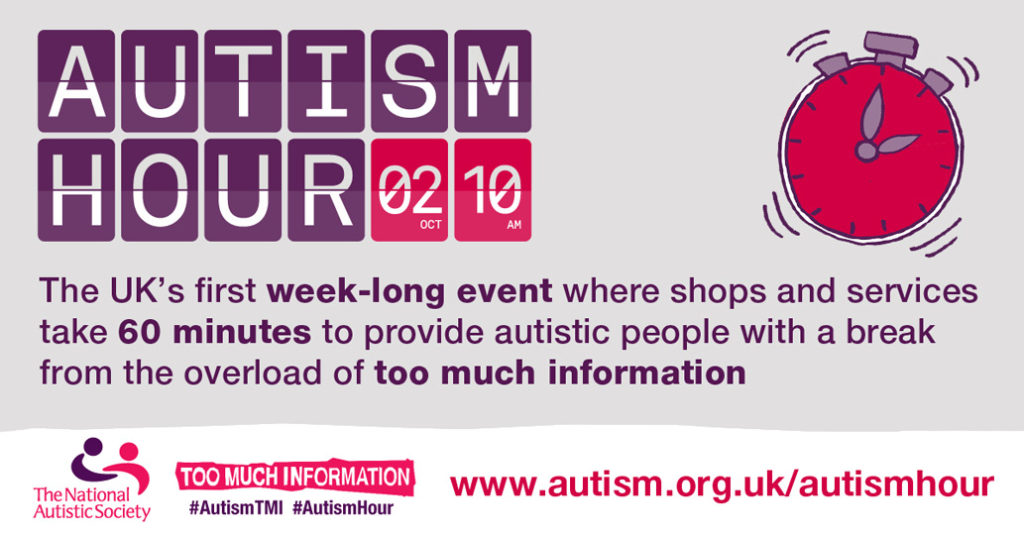
National Autistic Society
National Autistic Society will be sending the letter below to the Department for Transport and transport providers across the UK, encouraging them to make public transport more autism-friendly
Make public transport autism-friendly, benefitting the 3 million autistic people and their families in the UK
Public transport can feel out of bounds for many of the 3 million autistic people and families in the UK. Recent polling by the National Autistic Society discovered that 9 in 10 autistic people say that unexpected changes, like delays on public transport, make them feel anxious and over half say that fear of unexpected changes has stopped them from going on a bus or train.
Autism is a life-long disability which affects how people communicate with others and interact with the world around them. All autistic people face different challenges, but some common experiences are extreme sensory issues, intense anxiety, communication challenges such as not speaking, delays in processing information and unease with unexpected change. This can make the world feel very scary and hard to understand.
Although public awareness of autism is high, public understanding of autism still has a long way to go.
For the past 3 years the National Autistic Society have been working changing this, from creating powerful short films to delivering the world’s first ever Autism Hour – supporting retailers across the UK to be more autism-friendly. We want all aspects of public life to work towards becoming more autism-friendly.
When it comes to public transport, interruptions, cancellations and changes to service affect us all. For an autistic person, unexpected changes can be a source of great anxiety. Alongside environments that can be overwhelmingly noisy, staff that don’t understand how to communicate with autistic people and disapproving reactions from other travellers, public transport can become too much and deter an autistic person from travelling or in some cases, not even leaving the house.
We are asking all public transport providers to join with us and help make public transport more accessible for autistic people and their families. There are a number of things you can do to make your services more autism-friendly including training staff, thinking about physical surroundings and providing timely and up to date information.
Changes, delays and disruptions are sometimes inevitable when it comes to public transport, but by taking some thoughtful actions and policy changes, transport providers can become more autism friendly, benefitting the 3 million autistic people and their families in the UK.
To sign go here.




